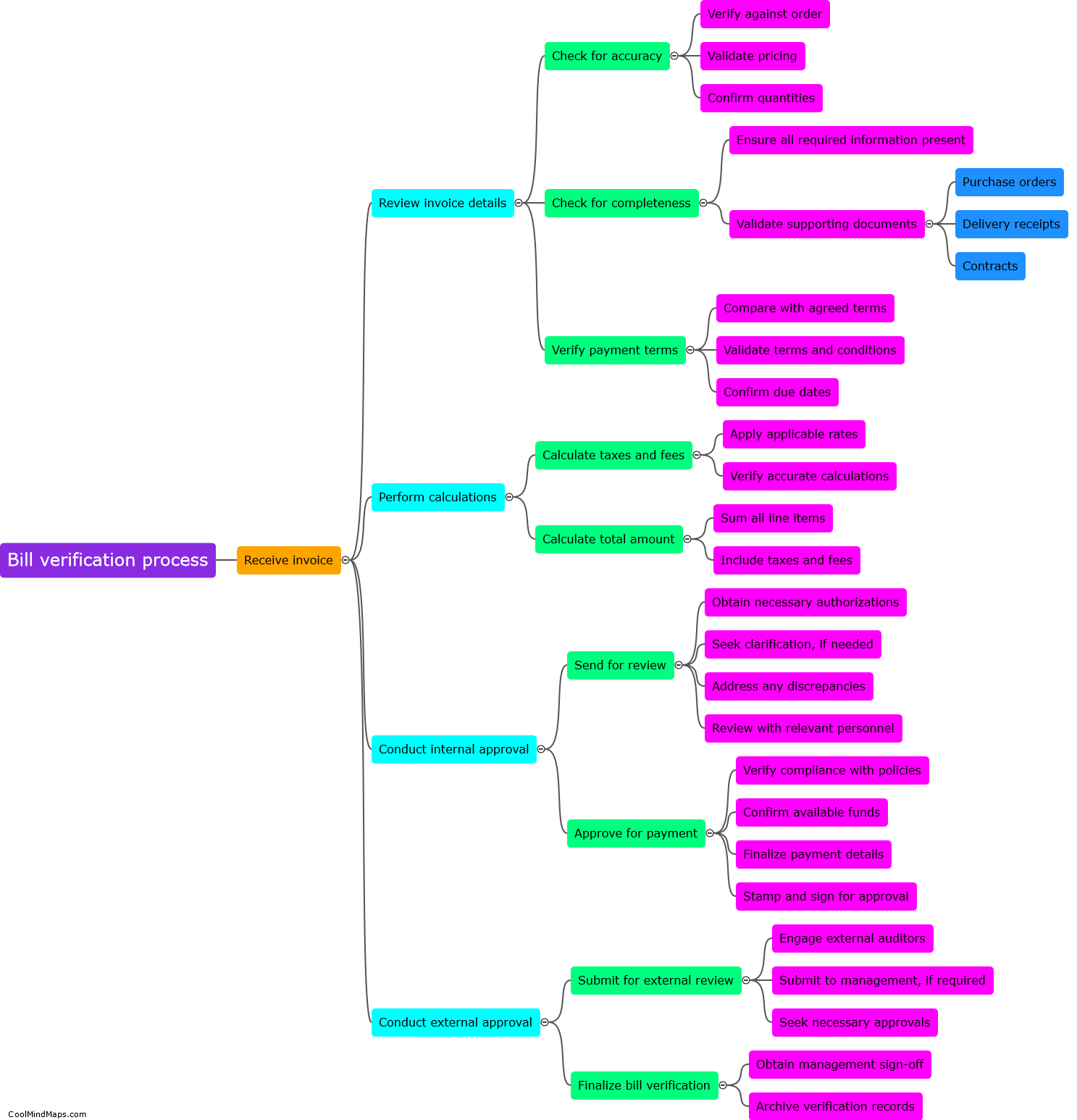How can the data from water level sensors be utilized in agriculture?
Water level sensors are a crucial tool for monitoring and managing water resources in agriculture. By measuring and collecting data on water levels in fields, irrigation systems, ponds, and rivers, these sensors can provide valuable insights to farmers and agriculturalists. This data can be utilized in several ways to improve agricultural practices. It enables farmers to ensure optimum water usage and avoid over or under-irrigation, leading to increased crop yields and water efficiency. Additionally, water level data can help in planning irrigation schedules, preventing waterlogging, and conserving water resources. Furthermore, this data can also be used for flood forecasting, early warning systems, and managing drainage systems to mitigate the impact of natural disasters on agricultural lands. Overall, the utilization of water level sensor data in agriculture promotes sustainable water management practices and enhances productivity in the farming sector.

This mind map was published on 3 September 2023 and has been viewed 67 times.











